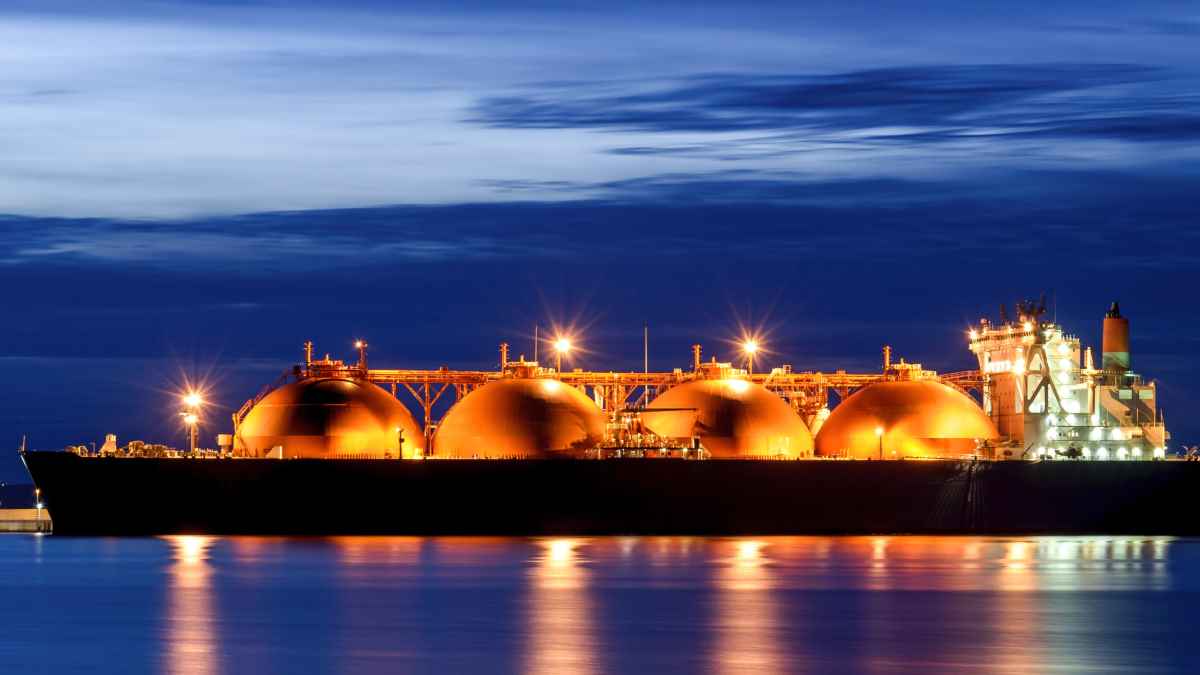Under this agreement, GE will accelerate development for the use of 100% hydrogen as a low carbon fuel for gas turbines
ATLANTA, United States of America, November 7, 2022/APO Group/ —
GE (www.GE.com) will collaborate with Shell to develop potential lower-carbon solutions aiming to reduce the carbon intensity of Shell’s LNG supply projects around the world; Under this agreement, GE will accelerate development for the use of 100% hydrogen as a low carbon fuel for gas turbines; Focus will be on hydrogen solutions for B&E class gas turbines used in LNG and power generation applications.
GE Gas Power (NYSE: GE) and Shell (https://www.Shell.com) Global Solutions, a pioneer in liquefied natural gas (LNG) for more than 50 years, announced today they have signed a development agreement to pursue potential pathways aiming to reduce the carbon intensity of Shell’s LNG supply projects around the world. With global LNG demand projected to almost double by 2040, decarbonization is crucial in helping the company meet the world’s growing energy needs.
The largest source of emissions in an LNG facility stems from firing natural gas in the power generation and mechanical drive gas turbines. Therefore, one of the possible paths to decarbonize LNG production is to use hydrogen as a low carbon fuel in these engines. However, the source and nature of this fuel matters as well, and Shell’s Blue Hydrogen Process is a leading technology that can deliver the lowest carbon intensity fuel of its kind, with technologies and building blocks tested and commercially proven at a large scale, that have been used in various industries for many decades.
“Having worked on hydrogen combustion technologies for many years, we are conscious that progress in this area will be the result of careful, dedicated research and collaboration by industry leaders and today’s announcement is a model of this approach,” said John Intile, Vice President, Engineering at GE Gas Power. “We look forward to working in cooperation with Shell to advance this crucial body of work. Together, we’re confident our combined strengths of Shell, GE, and Baker Hughes, who is exclusive distributor of certain heavy duty gas turbines and services in the oil & gas segment, can accelerate the deployment of pragmatic and impactful solutions towards high-hydrogen capabilities in these gas turbines fleets resulting in a significant reduction of carbon emissions and water utilization globally.”
We look forward to working in cooperation with Shell to advance this crucial body of work
The deep decarbonization of LNG export facilities presents both technical and economic challenges, which need to be addressed to realize such ambition. “Becoming a net-zero emissions energy business means we need to explore a range of avenues that have the potential to help us, our partners and customers reduce emissions” said Alexander Boekhorst, VP Gas Processing and Conversion Technology at Shell. “We have continued to innovate and improve the value proposition of LNG using technology, and we look forward to collaborating with GE on this important initiative”.
GE’s B&E class heavy-duty gas turbines can already operate today on 100% hydrogen emitting up to 25ppm NOx with the use of water in diffusion combustors. As part of this development agreement, GE is targeting gas turbine technology with the capability to operate on 100% hydrogen without the use of water while still maintaining NOx emissions.
The new DLN combustor technology is intended to become the backbone of new retrofittable system solutions for low-carbon operation of gas turbine while providing the reliability and availability required for LNG facilities. Dry operation also represents significant savings in water use and conservation: up 32,000 liters of water per hour are saved using DLN systems versus comparable alternatives.
DLN combustors are more efficient and do not use water as a diluent, thus offering LNG operators the ability to lower carbon and conserve water in their operations. In future, the developments to the DLN combustion technology could be installed on either new or existing 6B or 7E gas turbines. This would help reduce carbon emissions in industrial applications and LNG operations, particularly where water usage is challenging.
From desert climates to the tropics to the arctic cold, the B and E Class heavy-duty gas turbines provide essential power and perform in a vast number of duty cycles and applications in extreme climate conditions where reliability is key. These turbines can use more than 50 types of fuel— almost the entire fuel spectrum, including hydrogen —and can even switch fuels while running under full load.
Distributed by APO Group on behalf of GE.
